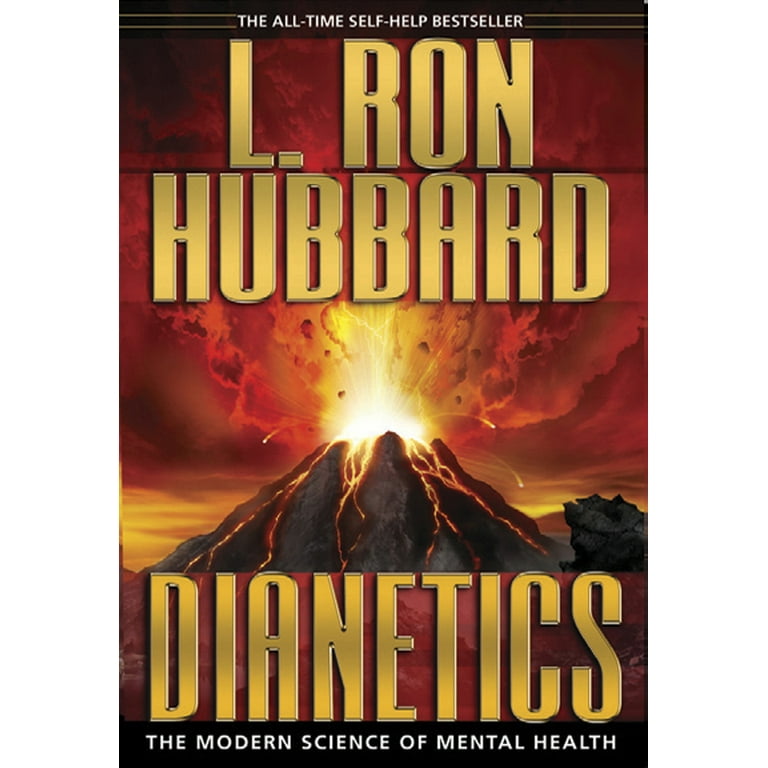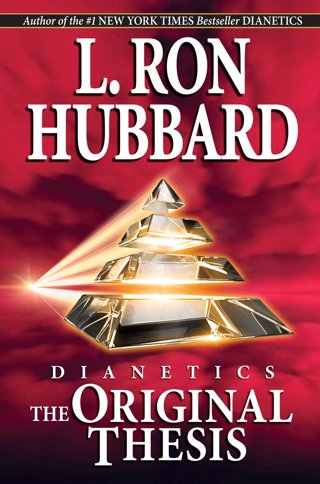Indicators on Dianetics You Need To Know
Indicators on Dianetics You Need To Know
Blog Article
Dianetics for Beginners
Table of ContentsDianetics Things To Know Before You BuyThe 2-Minute Rule for DianeticsThe Main Principles Of Dianetics The Basic Principles Of Dianetics
I couldn't ever before not wish to receive anything that comes to mind for you- if it was or else, I wouldn't be resting below with you, doing this. I not only could never ever have a trouble, or not desire to hear something that comes to mind for you, however I'm completely excited to know every idea, every idea, every photo or sensation that emerges or manifests for you- do not ever before think or else, and if for some factor you do, please simply allow me understand! Sometimes, you may have a thought, and image, idea or case turn up that does not appear to address the inquiry, or connect to it, yet nevertheless, always do inform me regarding it, and as we proceed, the relevance will emerge for you.This is integral in the basis of processing, and the topic of this discussion: the fundamental roles of the therapist and the client: The basic role of the counselor is, in contrast to "conventional training", not to regulate, which indicates to impose and/or prevent, yet to instead work from the basis of EMPOWERING THE CUSTOMER.

The Buzz on Dianetics
John Mcmasters expressed this standard fact splendidly well in among his lectures on Power handling, where he discusses exactly how he was asked what this "special flair" was that he had for giving such great sessions; he needed to think regarding that for a minute, and found that it was what he had not been doing, as well as what he was doing: he had not been reviewing, judging, computing, or actually, producing any kind of ideas, not to mention verbal expressions, after offering the command and while waiting for the computer to finish their response to their contentment; he was, simply and only, existing with the computer, and entirely interested.
The role of the therapist, demonstrated; that was his "unique knack". I have actually had my own experience which taught me this well, very beforehand in the video game. In 1982, having actually recently completed my training and teaching fellowship on New Period Dianetics, I was running this on a COMPUTER, and he said there was a point in the session where (being a bit damp behind the ears not yet having several hours under my belt as a professional auditor) the PC seemed to be "taking too lengthy" to express anything verbally after I gave him a command.
This key transformed out to be the most beneficial contribution that John ever made to the subject of therapy or bookkeeping (Dianetics). In my humble opinion, Click Here it is the best contribution that any individual has actually ever before made to these subjectsthe application is totally non-judgemental, non-evaluative, and lacking any kind of tip, guidance or opinion.no preconditioned schedule for individuals, or 'degrees' that they should do
In Scientology we prided ourselves on not examining for people. All that actually suggested was that the auditor did not Vocally evaluate for the PC in session.
The Facts About Dianetics Uncovered

Anybody who had actually ever seen John audit might not assist yet observe a distinct quality in his bookkeeping."The customer's basic role is to be there with the function of moving in the instructions of their spiritual goals, and to freely and completely express and experience whatever shows up for them in addressing the concerns and executing the instructions in the handling.
This is something to procedure as needed. Yet likewise, people often have prior experience and/or indoctrination in auditing/processing which, in some methods, and to some extent, really misleads them right into attitudes, concepts and actions patterns that prevent the complete realization of these roles, and so they will tend to inhibit the expressing of what enters your mind, as in the examples given above. * The first, and perhaps foremost examples of mis-indoctrination bring about much less than read what he said entirely smooth and effective sessions, can be discovered in particular facets of the training routines, or "TR's":"TR's" are usually a person's very first, or a minimum of early, experience in Scientology, and while I will certainly take place to discuss what I see as the flaws in idea and technique, however, tend to be considerably therapeutic, done as they are given (Hubbard insists that "TR's are not refining, they are training", however factually, they are both handling AND training)
There is no "flunking", and no denial of the truth of this being processing. The focus, as it needs to be, is on experiencing the various other person's visibility.
Unknown Facts About Dianetics

Report this page